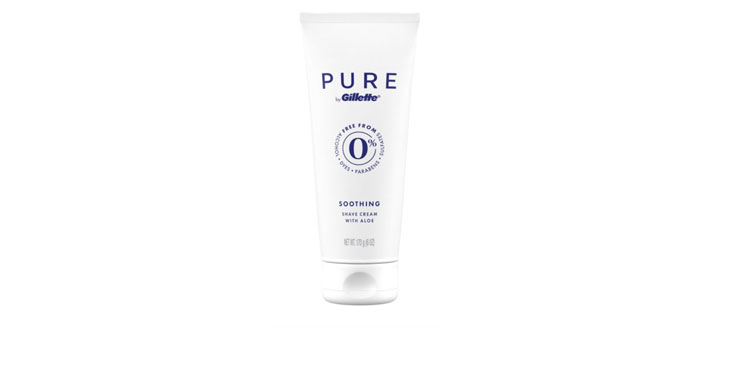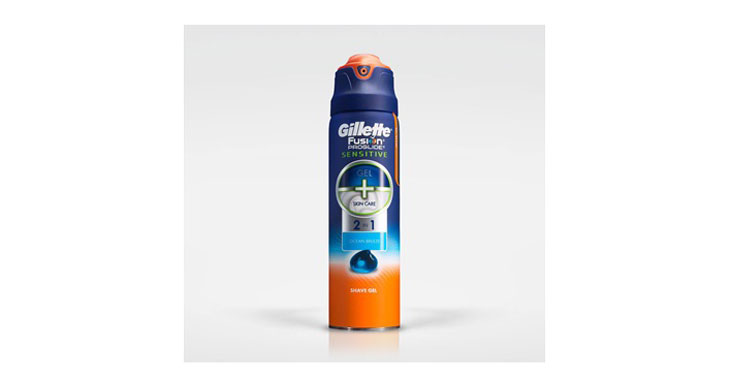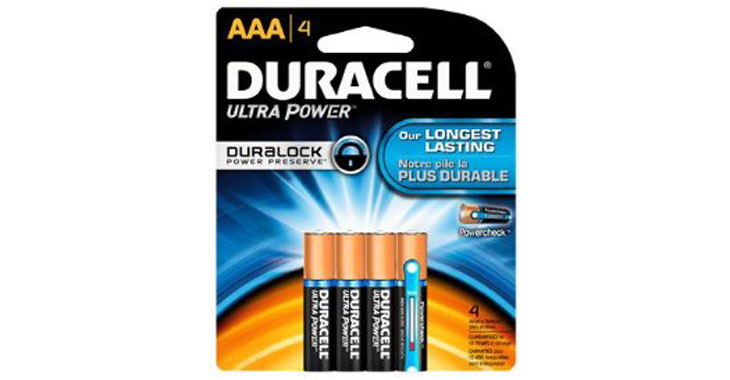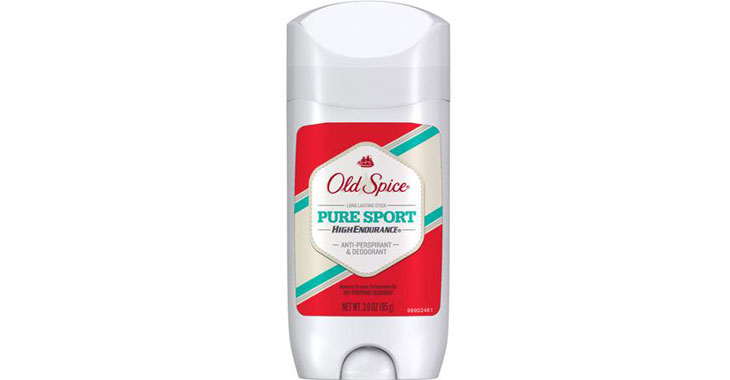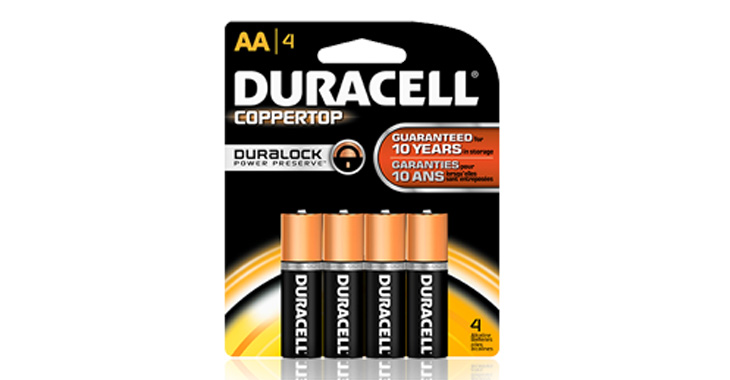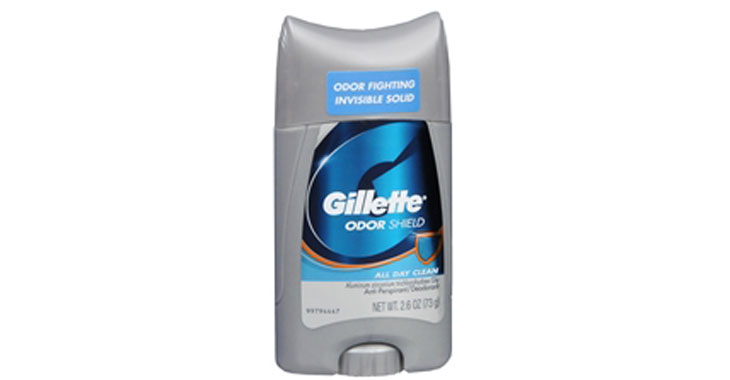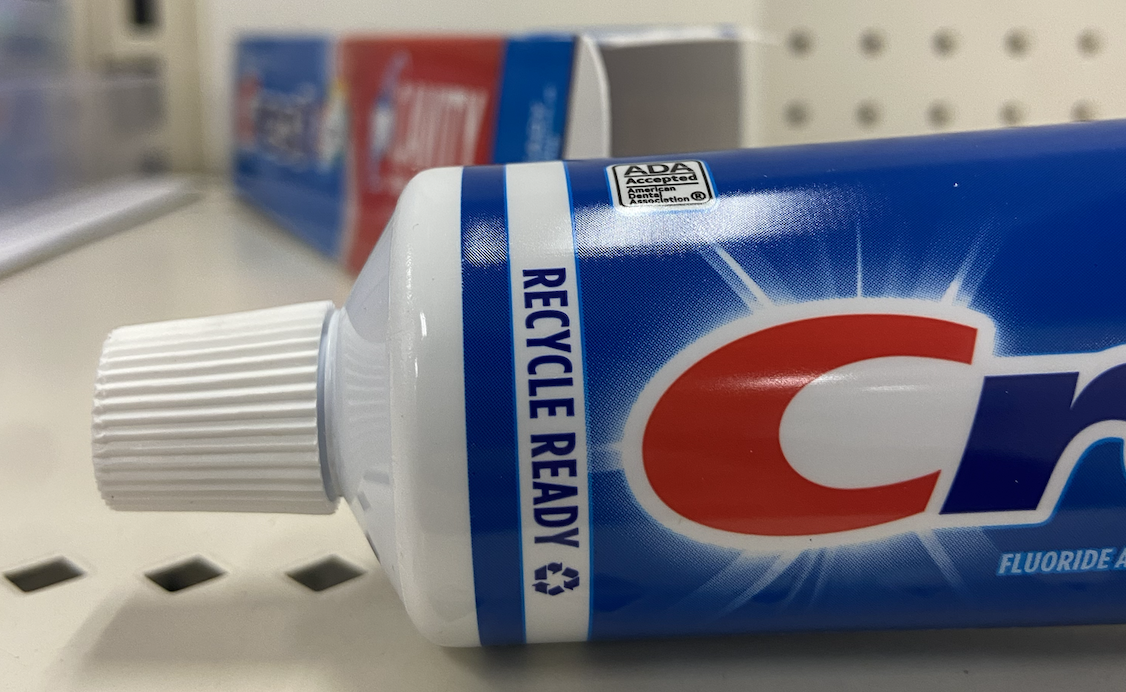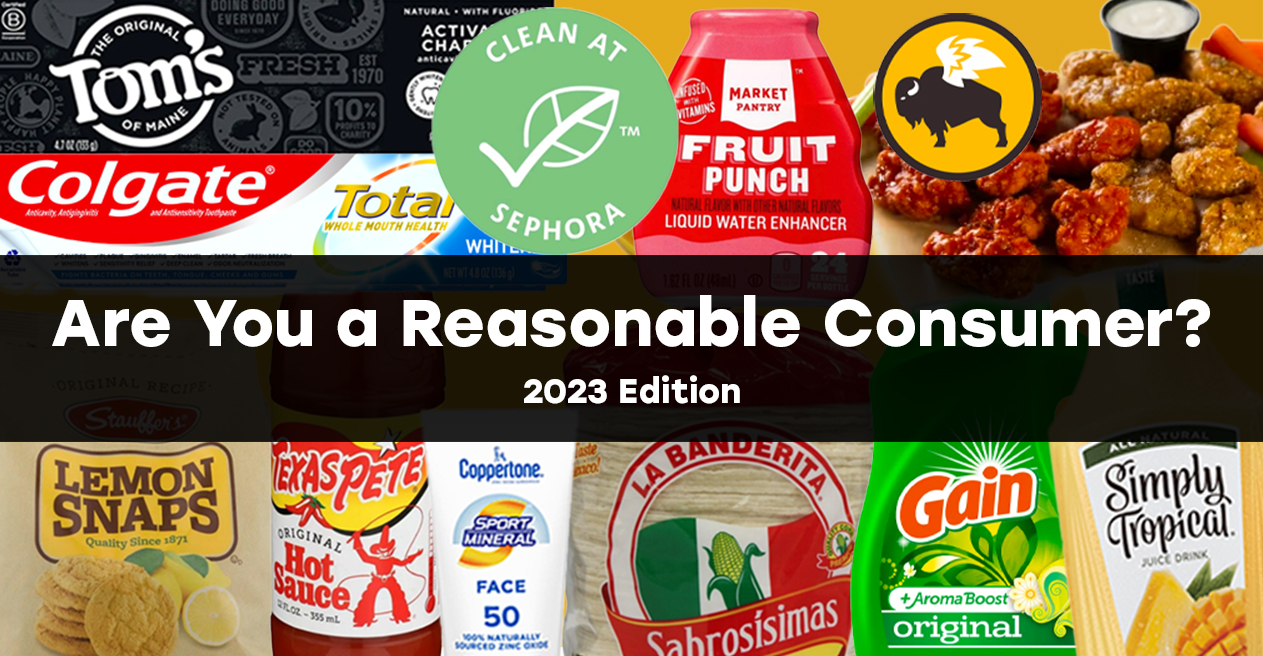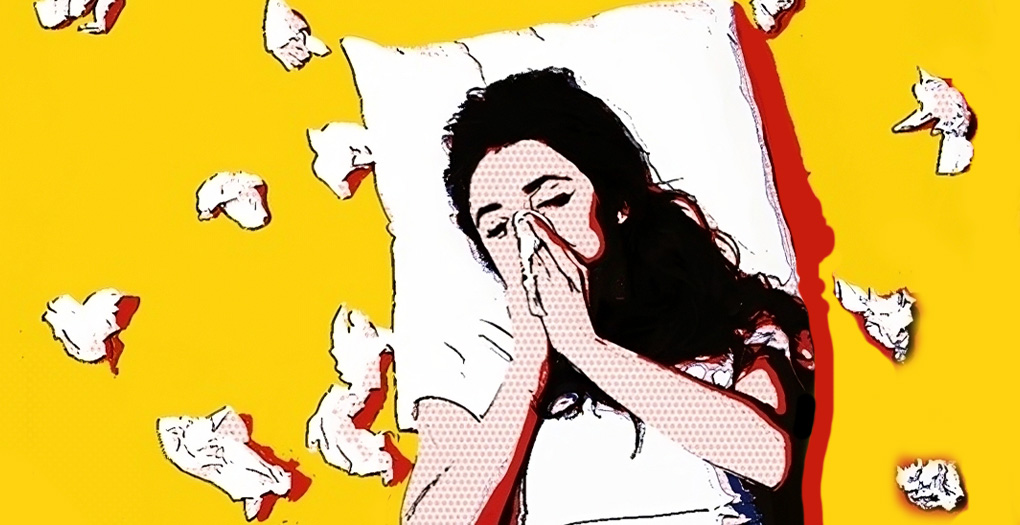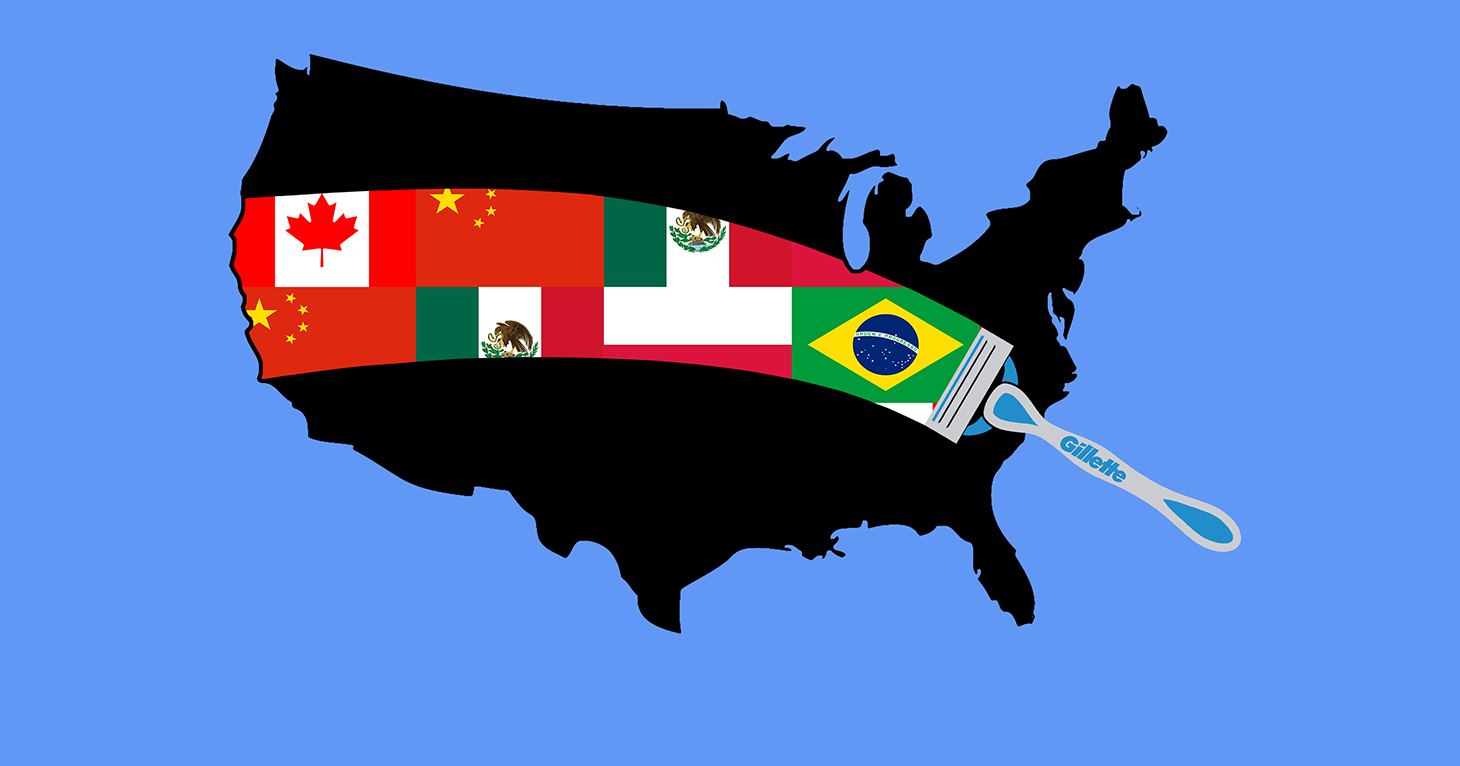
Gillette
A TINA.org investigation of Gillette found that the company was making the unqualified claim that its product line was made in the United States in a national marketing campaign when…
Watson et al. v. The Procter & Gamble Co. and The Gillette Co. LLC
22-cv-40010, E.D. Mass.
(Jan. 2022)
Gillette, Venus, Braun, and Oral-B products
Failing to timely disclose that warranties are conditioned upon using authorized repair services and replacement parts
Pending
A TINA.org investigation of Gillette found that the company was making the unqualified claim that its product line was made in the United States in a national marketing campaign when…
Allegations: Falsely marketing products as pure
What consumers should know about software tethering.
The bottom line? Toothpaste tubes aren’t generally getting recycled.
See how you stack up.
TINA.org has tracked more than 150 lawsuits alleging greenwashing.
An FDA panel’s recent findings has led to a flood of lawsuits.
